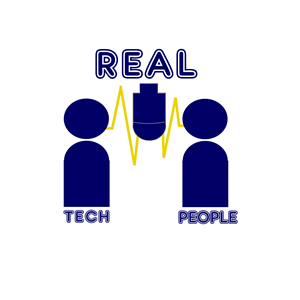On Tuesday, I gave a presentation on using collaborative tools as an integrated part of our research processes. I recorded that presentation, and have it available here as the 22nd podcast in my series here.
I broke the presentation into three areas of collaboration:
1. Data gathering (del.icio.us)
2. Structuring of the research (wiki)
3. Writing (Google Docs, Microsoft Live Mesh)
(note: I say in the presentation that Live Mesh is Windows only. Turns out I was a few versions wrong. It is now available for Mac OSX as well.)
Much of these tools allow us to work asynchronously, sharing information as we find it, and learning what our team has discovered as we have the time. That said, I also talk about using communication tools such as Skype and Google Talk to work synchronously with your team when geographically separated. I briefly referred to Twitter, but unfortunately, as much as I love Twitter (and you can find me on Twitter as @SCMProfessor) I don’t see it as a real engine to facilitate collaboration in conducting research.)
I also identified a few things that collaboration in research does:
1. Fosters cooperation rather than competition
2. Enables other researchers to share in the research (long discussion about what is and isn’t the outcome of our research).
3. Speeds the cycle time of research (idea-data-analysis-draft-publication)
Finally, we discussed that the tools should:
1. Be freely available
2. Easily understandable audit trail
3. Provide some levels of security
In the presentation I refer to a few documents (as Google Docs) that I have built to help my students collaborate in their research and project efforts. First, I have the “Tools and Tutorials” document, where I provide links to not only the tools listed above, but links to helper sites for using these tools, as well as links to “really cool stuff.”
I also mentioned the document I give my students to guide them in the development of their podcast projects. I even have a 12 step program for them!
So go, listen to the podcast, and please–come back and let me know how YOU are using Web 2.0 to work more closely with your colleagues.




Have you seen etherpad.com? It allows for live document creation, you can select colors to see who is editing, and all you need to do is share the URL of the document to allow access (no username!). We think there is an 8-user limit per document (you might be able to pay to allow more), and we have discovered that you’ll want to save from time to time, as it does not autosave.
A great tool to check out that fits a little bit into all three categories is Zotero (“free, easy-to-use Firefox extension to help you collect, manage, and cite your research sources”). Right now it is for individuals to use, but I believe they are adding sharing & group collaboration into future versions. If/when that happens, I think it will be more powerful than del.icio.us.